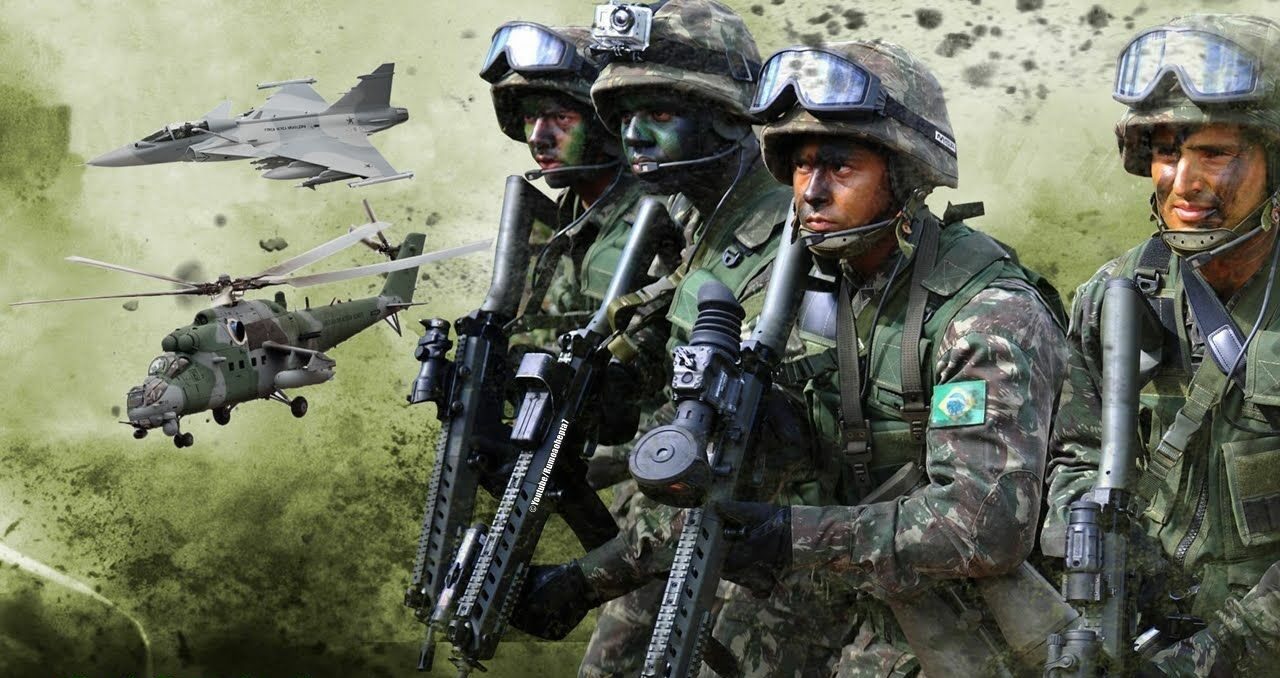(Opinion) Recent headlines from Brazil have sparked global intrigue: reportedly, a whopping 5% of the nation’s GDP, with an additional investment of US$11 billion, is now dedicated to defense.
On August 11th, the vibrant city of Rio de Janeiro bore witness to President Luiz Inácio da Silva’s ambitious unveiling of the Growth Acceleration Program (PAC).
Flanked by Defence Minister José Mucio Monteiro, Silva’s administration highlighted this defense injection as a core pillar of their overarching plan, committing a staggering 1.7 trillion reais across the country’s expanse.
But the narrative grows more complex.
For a country dedicating so much of its resources to defense, President Silva’s message in “Conversa com o Presidente” seemed a touch contradictory.
Silva passionately called out richer nations for their escalating military budgets, claiming, “Last year, rich countries spent over 2 trillion dollars on wars.”
He juxtaposed Brazil’s strategy, affirming its intention to spend not on wars but on programs that transform lives.
Considering global military expenses in 2022 reached 2.2 trillion dollars – with powerhouses like the United States, China, and Russia constituting a dominant 56% – Brazil’s own increased allocation seems a tad paradoxical.
Furthermore, Silva’s impassioned plea to wealthy nations highlights another layer to this enigma.
He stresses their environmental duty, particularly concerning the Amazon, due to their earlier industrial revolutions and consequent environmental damage.
By Silva’s logic, aiding the Amazon isn’t charity – it’s repaying a debt owed to Earth and humanity.
So, how do we reconcile these narratives?
On the one hand, Brazil is assertively advancing, refining its defense with state-of-the-art technology, and solidifying its position as the paramount military powerhouse in South America.
But concurrently, its President publicly laments the defense spending of wealthy nations and calls for a global shift from military investments to addressing global hunger and environmental debts.
The question then arises: Is Brazil’s sizable defense budget a mere measure to ensure its national security and generate employment?
Or does it hint at a deeper strategic ambition, potentially at odds with Silva’s global pleas?
As Brazil navigates its place on the world stage, it remains to be seen whether its domestic policies align seamlessly with its global message.


